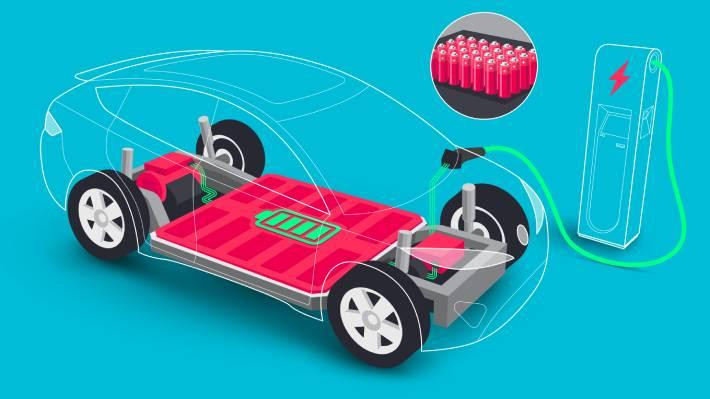Most traditional sensors such as thermocouples give slow and inaccurate readings that are not repeatable, so the data becomes unreliable. Along with being highly stable and durable in EV conditions, RM’s fiber optics sensors have a wide temperature range to cover the extreme environmental conditions. Also, the accuracy of thermocouples is compromised when the sensors are exposed to high electromagnetic frequencies. Since EV battery modules are tested at high voltages, the safety of the prototype and the testing site becomes a huge factor but thermocouples aren’t very safe to be used at high voltages because they are made from metal so there is a risk of a short circuit occurring.

Rugged Monitoring Thermal Profiling Sensors
Rugged Monitoring’s Fiber Optic battery temperature sensors are being used by battery design/test engineers at each stage for battery performance testing:
- Battery cell core and anode thermal profiling for fast charging
- Intercell temperature monitoring in Battery Modules
- Battery pack abuse testing and HV connectors temperature testing
The CANBUS is implemented to communication with Battery Management System or dataloggers. Also, RM sensors and monitors are easy to use as they don’t require calibration or complex inputs along with being rugged and suitable for all test conditions. Also, RM sensors have a higher immunity to electromagnetic interferences which increases the testing accuracy and reliability while being having a very fast response time of 0.1ms to 1ms that helps identify a sudden shift in the temperature within the cells. The state-of-the-art sensors of RM such as LSENS-B, LSENS-T, LSENS-R are most reliable option that provides accurate, fast results while being easy to setup and use. The EV test rigs come with built in Fiber Optic temperature monitors, R501, O201 etc.
